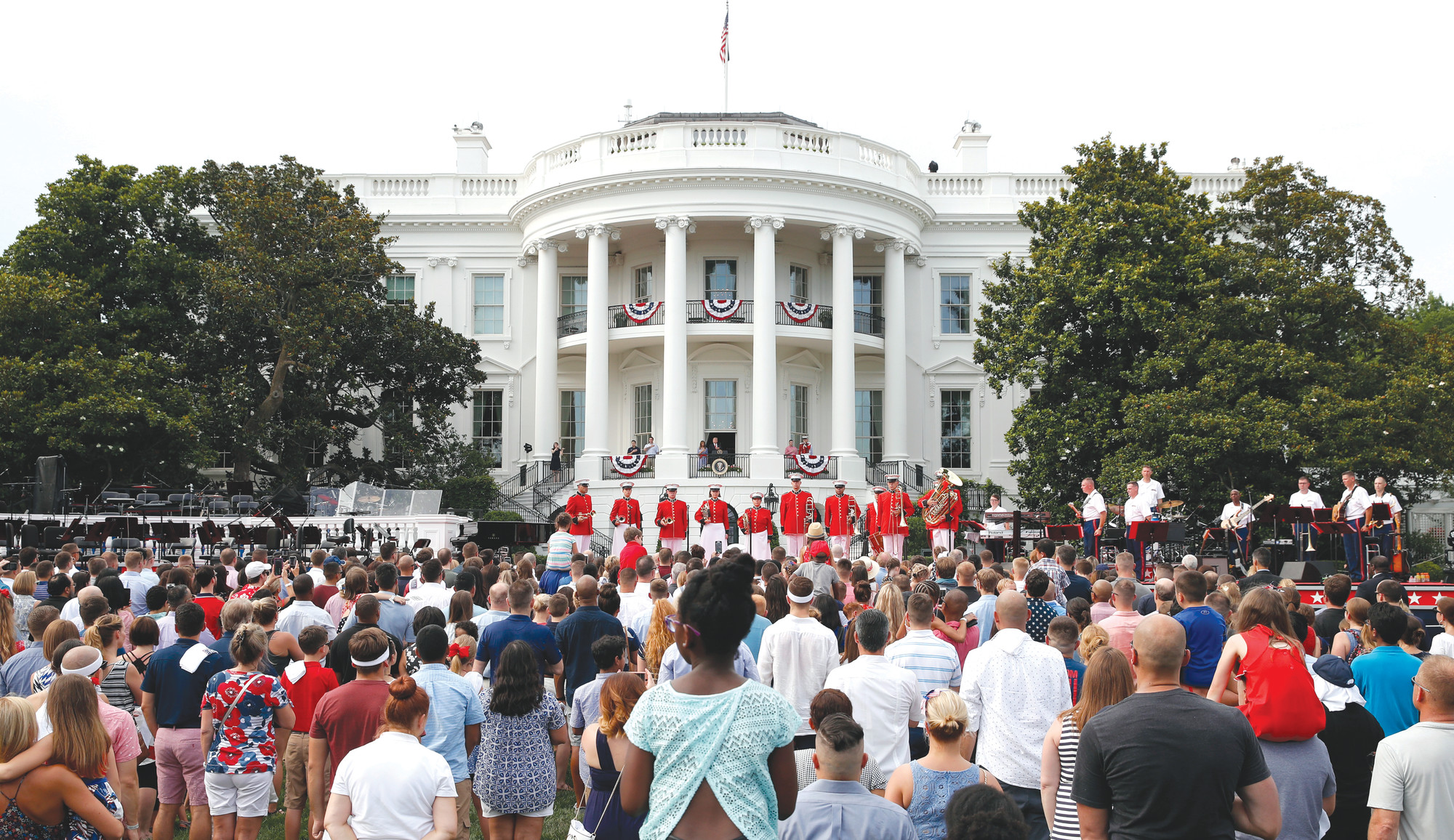Civics education more important than ever before

A revival for civics education in our schools, even colleges, could not come soon enough. The impending appointments of several Supreme Court justices during the next few years brings to light how void our populace is on the most fundamental aspects and principles of American government.
According to a 2016 report by a public policy center at the University of Pennsylvania, only 26 percent of adults can identify our three branches of government, and only 24 percent of our high school students are proficient in civics.
Standard guidelines learned in "teacher's school" are to not define a term or concept by what it is not and to first "meet students where they are" when introducing new or complex topics. Today, however, when it comes to civics 101, the nature and extent of misinformation about the fundamental workings of our government is so vast, and even promulgated by elected and public officials, that one has to start the lesson with "much of what you are hearing and reading about just isn't so."
In 20 years of teaching health-care policy at a university, the first class or two is dedicated to reviewing some founding principles of American government. These discussions with students are important before we dig deeply into how policymaking occurs in the United States.
In years past, I could easily roll through several principles of American government with a sense of pride and explain to the students why their high school American history textbook probably had a title such as "The Birth of a Nation" or "The Grand Experiment" and why the chapter about the Constitution probably read "The Miracle in Philadelphia." America, by many observers' accounts, is truly exceptional.
But that script has changed. Before I could say that as contentious as our elections have been, after it is over we generally move on. Not so anymore.
Sure, historians will tell us "how bad it was" during this or that election in the past when some candidate did not win. But today we have screams of "Not my president" and bumper stickers touting "Resist."
The Post and Courier will gather an expert panel of experienced thought leaders who will share their insights into the most pressing and relevant forces shaping the future of employment in South Carolina.
Next is stating that we are a nation of laws, that no person is above the law, and we are relatively law-abiding citizens; we do stop at the stop signs almost always, even when we know nobody is looking. Not so anymore. Heads of cities and states thumb their noses at laws they don't agree with. So much for Federalism. And some local and state executives think their role is to be an ambassador when they don't agree with the nation's foreign policy.
When the discussion moves to the roles and responsibilities of the three branches of the federal government, all hands go up! Not today. We have Congress members spending more time trying to run the government and are obsessed with that man in the White House.
Bureaucrats, not even deep in the state, spend too much time with their office election pools rather than working for tax-paying citizens. We see some of those in the black robes being more officious rather than officiating our laws.
Playing "Hail to the Chief" has lost its luster. My crescendo used to rise in talking to students about who gets to sit in the Oval Office. That person has had the distinction of holding the most powerful position in the world. Not today. How do I explain to students that the former president got elected without really running anything in his past, and the current president is not considered by many to be a statesman - both important qualities.
Explanations of the importance of sovereignty is besmirched today as racist. The route to citizenship is reduced to less than perfunctory.
Stephen F. Gambescia is professor of health services administration at Drexel University in Philadelphia. He wrote this for InsideSources.com.
More Articles to Read
